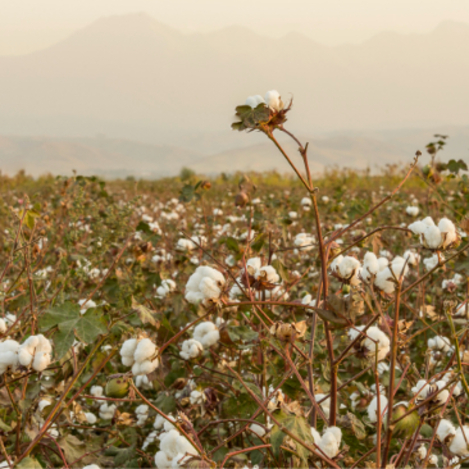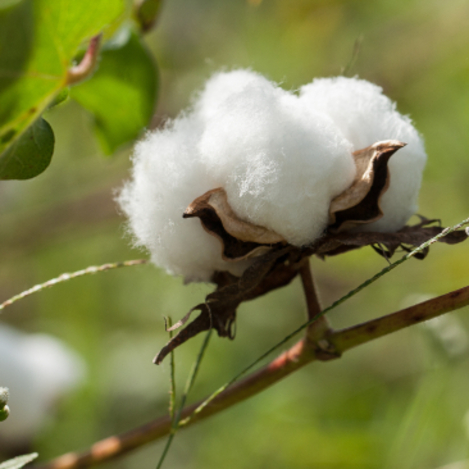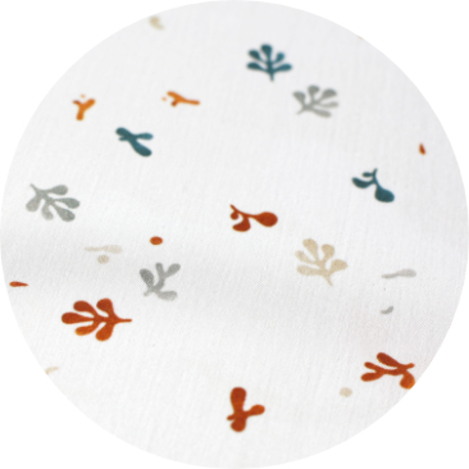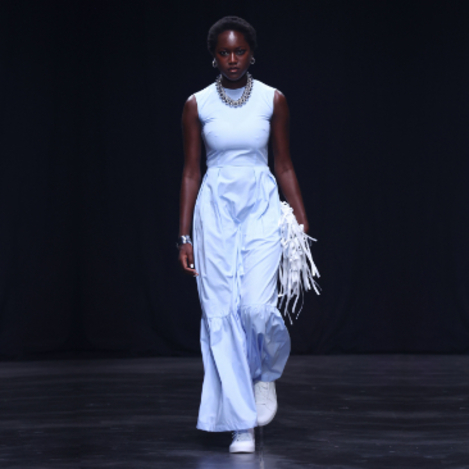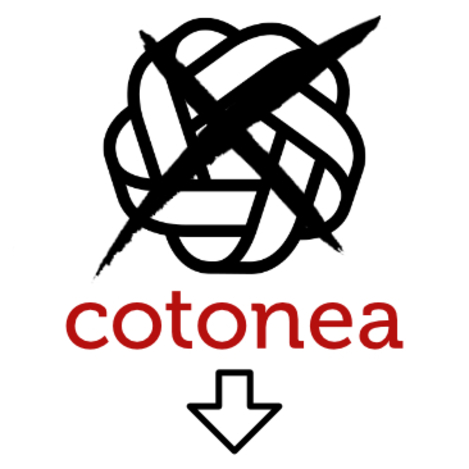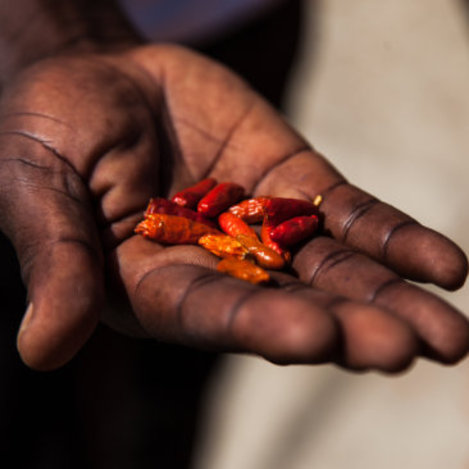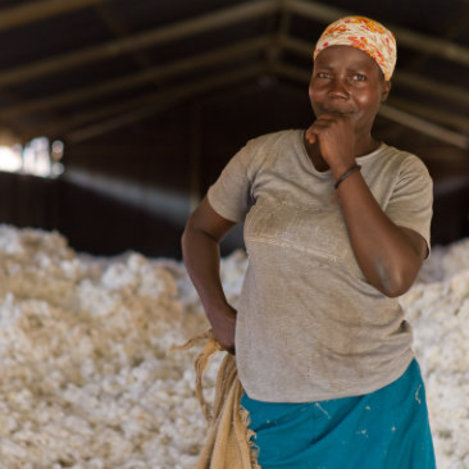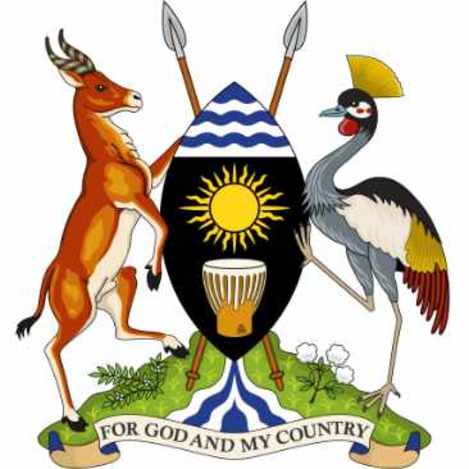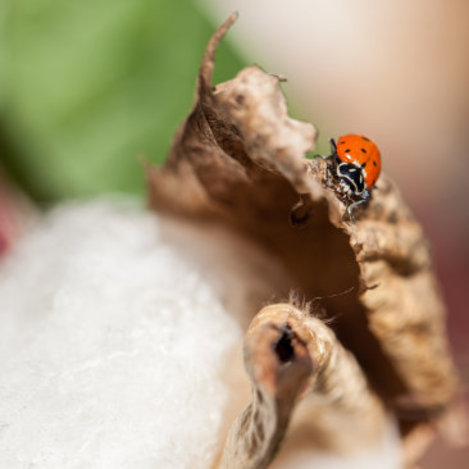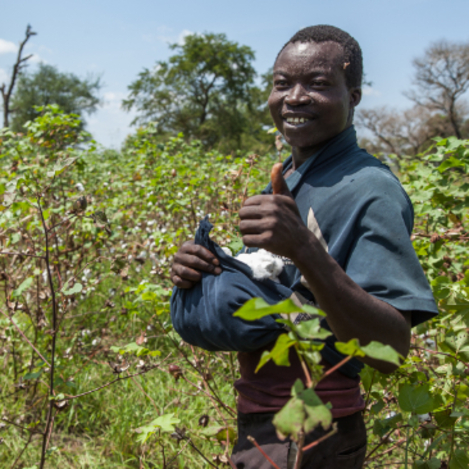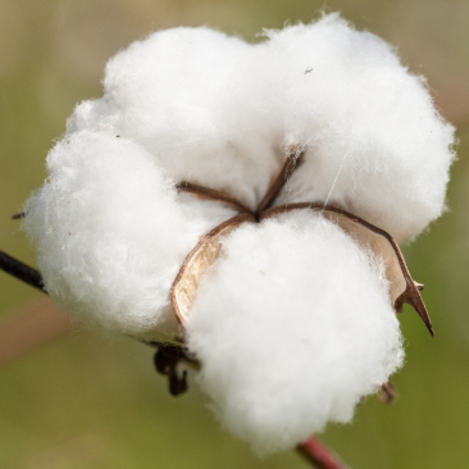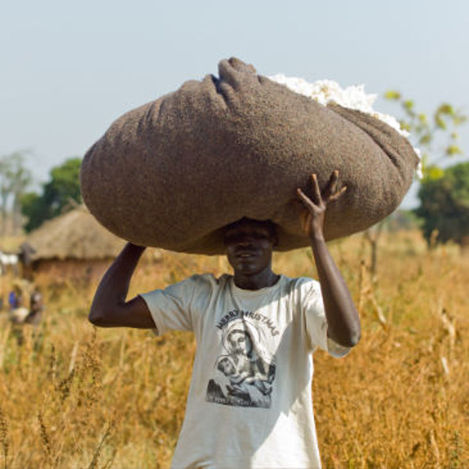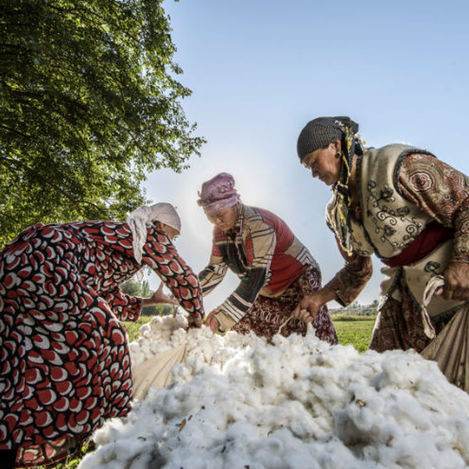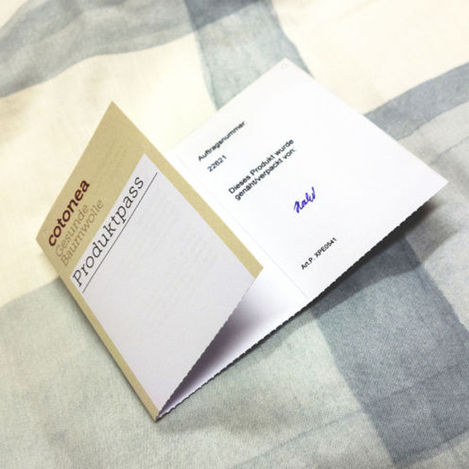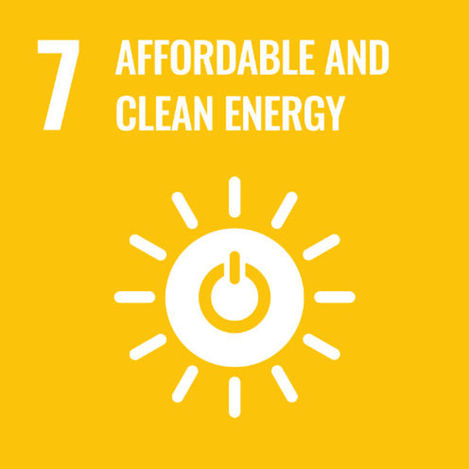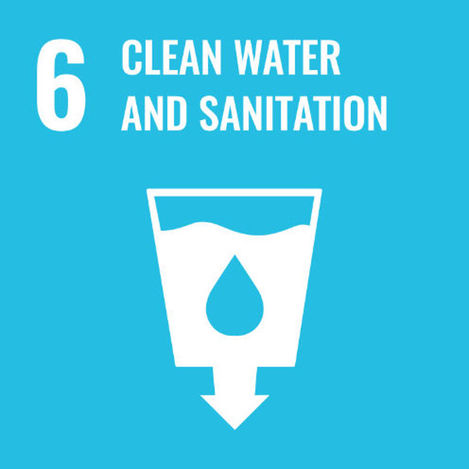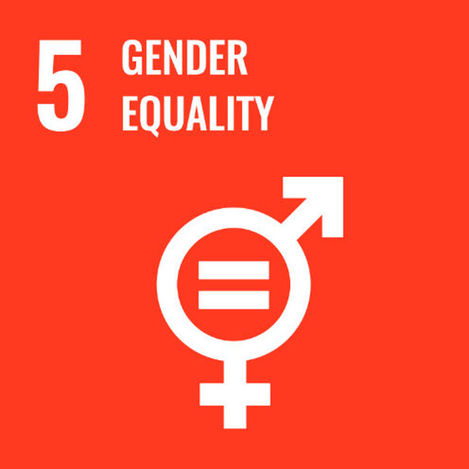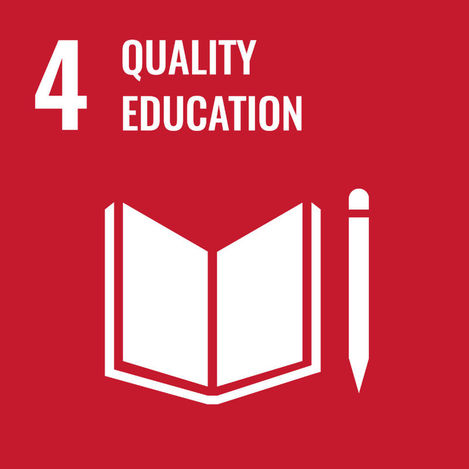News
The Fairy Tale of Thirsty Cotton – Separating Fact from Fiction
For decades, the fast fashion industry has perpetuated myths about cotton, branding it as a "thirsty" crop to justify petroleum-based alternatives. But what’s the truth?
In this insightful statement and experience report, Roland Stelzer, CEO of Cotonea, shares 30 years of expertise in organic cotton cultivation, debunking myths and revealing sustainable practices that conserve water and support the environment.
Cotonea Sets a New Benchmark in Environmental Accounting
Transparency offensive of the organic cotton brand Cotonea
Cotonea, the pioneering organic cotton brand, is presenting comprehensive and trend-setting CO2 and energy analyses of a total of 460 fabrics for the first time on the occasion of World Cotton Day 2024.
Valuable down to the smallest detail
... because a world without plants is hard to imagine.
Why can a breath gratefully remind us of our last holiday by the sea? Why do we just feel good surrounded by plants? With Cotonea, we explore the importance of plants for life on our planet. What contribution do plants, and in particular the organic cotton plant, make to all of us?
Cotonea in cooperation with Rebekka Ruétz
On the catwalk with Cotonea fabrics – fashion dreams become reality in a collaboration with fashion designer Rebekka Ruétz...
Cotonea leaves Textile Exchange
After 20 years of commitment
Cotonea, the pioneering brand for sustainable business in the textile industry, is ending its membership in the global industry initiative Textile Exchange with immediate effect, justifying this step with a statement.
A Journey to the Poppies
Whether poppy or cotton – what makes the black seeds so precious? The bright red of the poppy blossoms delights and at the same time acts as a signal colour that also inspires you to reflect. With our new organic design bed linen "Poppy" Cotonea takes you on a little journey to the poppies...
Potential of Organic Farming in Africa to feed the World
Worldwide, the agricultural usability of soils is dwindling dramatically. According to the United Nations*, 40 percent of global soils are already degraded. However, there are promising prospects in Africa.
Our Ugandan Organic Cotton Under the African Sun
In the fascination of the colours and shapes of Uganda...
Longevity over rigid quotas
Find out how Cotonea is tackling the challenges of the circular economy and why quality and durability are more important than rigid recycling quotas.
Exhibition Release: Cotonea presents four new organic Pima Cotton fabrics
Cotonea will be showcasing four new organic Pima Cotton fabrics for the first time at the Première Vision fashion and textile trade fair (4th-6th July in Paris).
Cotonea is once again the leading German brand for organic and fair cotton
In the current Material Change Index company ranking by Textile Exchange, Cotonea once again achieved first place among German textile brands. The top position of the Swabian manufacturer of one hundred percent organic cotton textiles applies to organic and fairly produced cotton and is measured by the production volume.
Regenerative agriculture
A new buzzword is spreading, regenerative agriculture. What is it and how can we assess it?
Cotton textiles have a positive carbon footprint
The recently passed German supply chain law has been criticised for ignoring major environmental crises such as climate change (BUND, 6/2021). This is despite the fact that, according to studies, the fashion industry, among others, contributes dramatically to climate change (McKinsey/Global Fashion Agenda, 8/2020). If this situation does not improve, the industry's CO2 emissions will likely increase to such an extent that by 2030 it will have caused twice the amount of emissions as stipulated in the Paris Agreement. Now, a new finding suggests that cotton could be the path to a climate-friendly textile industry.
Cotonea advises on the development of the Textile Trust platform
The first phase of the joint project between IBM, Kaya&Kato and Cotonea with the support of the German Federal Ministry for Economic Cooperation and Development has been completed. Textile manufacturer Cotonea is providing content expertise for the development of the blockchain-based platform Textile Trust. The aim is to ensure security and transparency in textile supply chains.
What makes fashion brands and textile manufacturers trustworthy?
The Global Organic Textile Standard (GOTS) has uncovered a scam in India: during their own investigations, the non-profit organisation discovered falsified certificates for more than 20,000 tonnes of organic cotton. No GOTS certificates were falsified, but certificates relating to raw fibres were. These certificates are accepted by GOTS as proof that the raw fibres are organic. The organisation has recalled all its own certificates issued on the basis of these falsified pre-certificates and has taken further measures.
The UN’s Sustainable Development Goals (SDG 7): The cotton wool specialist Cotonea contributes to providing clean and sustainable energy
The United Nations (UN) have agreed on 17 global Sustainable Development Goals (SDGs), which should be implemented by 2030. The seventh SDG demands access to affordable, reliable, environmentally-friendly and sustainable energy.
The UN’s Sustainable Development Goals (SDG 6): Clean water – how can a medium-sized company such as Cotonea contribute to achieving this sustainability goal?
The United Nations (UN) have agreed on 17 global Sustainable Development Goals (SDGs), which should be implemented by 2030.
The UN’s Sustainable Development Goals (SDG 5): Gender equality - How does Cotonea contribute to achieving this goal in its projects?
The United Nations (UN) have agreed on 17 global Sustainable Development Goals (SDGs), to make the world a better place. They should be implemented by 2030. Cotonea, too, implements the 17 Sustainable Development Goals wherever possible.
The UN’s Sustainable Development Goals (SDG 4): Quality education. How Cotonea implements this goal in its projects
The United Nations (UN) have agreed on 17 global Sustainable Development Goals (SDGs), to make the world a better place. They should be implemented by 2030. Cotonea, too, implements the 17 Sustainable Development Goals wherever possible.
